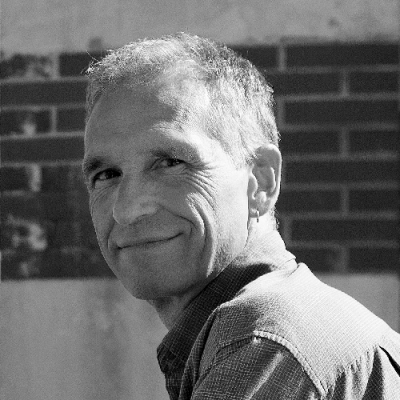
Prof. Patrik Vuilleumier
Professor
Directory details
E-mail
Website
Institution : University Hospitals of Geneva
Department : Neurology Service
General Information
Our research concerns the cerebral mechanisms of cognition, perception, emotion, and consciousness. We use neuroimaging techniques such as functional resonance magnetic imaging (fMRI) and event-related potentials (ERPs) in healthy subjects, as well as neuropsychological studies in brain-damaged patients. Our work addresses several basic questions on how the human visual system can recognize visual objects and faces despite changes in their retinal image due to changes in viewpoint or movements of the eye and body. We have shown that different regions in temporal cortex can learn and maintain different memories for previously seen objects, and studied how sleep can consolidate memory traces after learning. We also investigate the role of emotions in the control of perception and behavior, for example how fear, anger, and reward can enhance attention to faces, voices, or other sensory stimulations. In particular, we have shown an important role for the amygdala in the detection of threat. More generally, a major goal of our research in perception and emotion is to understand how different brain areas interact with each other, and how lesions in particular brain regions can alter neural activity in other interconnected regions, in order to understand how to restore normal functions within damaged neural networks.
Note
Patrik Vuilleumier is a neurologist who is using brain imaging techniques (such as functional resonance magnetic imaging, fMRI) to study the cerebral mechanisms of emotion and awareness. After first training in neuropsychology in Geneva and Lausanne, he pursued his research in cognitive neurosciences at the University of California in Davis (1997-1999), and then at University College London (1999-2002). He is now is the Laboratory for Neurology and Imaging of Cognition at Geneva University Medical Center and Hospital. His current research investigates neural circuits in the human brain enabling emotion signals to influence perception and guide behavior, as well as the effect of brain lesions on emotion processes and consciousness.
Current Research
Projects related to the NCCR in Affective Sciences focus the neural architecture of affective and social functions, including emotional face, body, and voice perception, in healthy and brain-damaged patients; moral emotions and motivation; as well as attentional and decisional biases in behaviour.
